Re-imagining Tropiques – An Homage to Aimé and Suzanne Césaire
Concert, Conference, Film
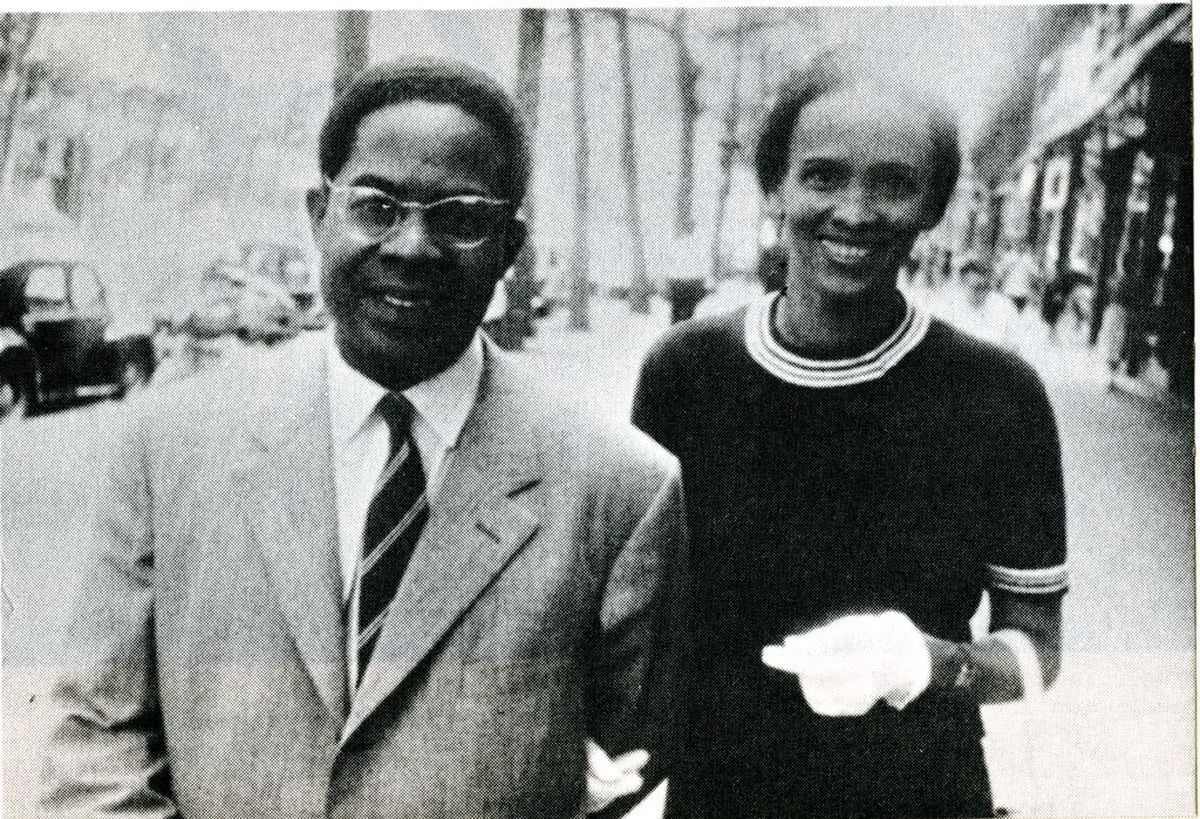
A Walk in Paris [Aimé and Suzanne Césaire], 1959
HotHouse upcoming series of events, “Re-Imagining Tropiques,” pays tribute to the influential work of Aimé and Suzanne Césaire. This multipart program explores the intersections of music, culture, and history, celebrating their legacy and contributions to the arts.
The project began with a musical creation by Aruán Ortiz—an avant-garde jazz pianist, violinist, singer, and composer—drawing inspiration from Tropiques, the influential journal the Césaire’s founded in 1940s Martinique.
Building around this creation, HotHouse invited additional co-presenters, transforming the project into a dynamic six-part program that spans film screenings, a masterclass, and a concert. The program delves into Afro-centric surrealism, Négritude, Caribbean liberation, pan-Africanism, and the expression of marginalized voices.
About Aruán Ortiz:
Aruán Ortiz, born in Santiago de Cuba, is a celebrated pianist, violist, and composer known for his innovative work in the US progressive jazz and avant-garde scenes. Blending Afro-Haitian traditions, avant-garde jazz, and classical influences, Ortiz centers the Afro-Caribbean experience in his compositions. He holds an MFA in music composition and has received honors such as the 2024 Guggenheim Fellowship and the 2014 Doris Duke Impact Award. His work includes Episodes of an Unforeseen Departure (2023) and Pastor’s Paradox (2022).
About Aimé and Suzanne Césaire:
Aimé Césaire, a Martinican poet, author, and politician, co-founded the Négritude movement with Léopold Senghor and Léon Damas, promoting Black pride and anti-colonial thought. His seminal works include Cahier d’un retour au pays natal, capturing the colonial experience, and his plays that blend modernist and surrealist elements to resist colonial oppression.
Suzanne Césaire, a theorist and writer, co-founded the journal Tropiques with Aimé. A key figure in Négritude and surrealism, she explored the Caribbean’s multi-ethnic potential and redefined colonial stereotypes. Her work emphasized cultural transformation over a return to roots, advocating for a vibrant, experimental approach to identity.
About HotHouse:
HotHouse, founded in 1988 by Marguerite Horberg, is a Chicago-based non-profit known for creating inclusive cultural spaces. It has hosted groundbreaking events like Chicago’s first Flamenco Festival and showcased experimental voices from the African Diaspora. HotHouse continues to produce diverse cultural programming while pursuing plans for a permanent arts center on Chicago’s South Side.
In partnership with
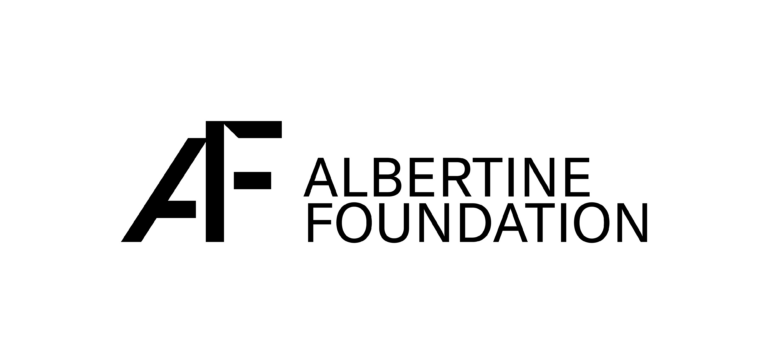
Albertine Foundation
Previously known as FACE Foundation, Albertine Foundation is an American nonprofit organization dedicated to supporting French-American relations through innovative cultural and educational projects. In close partnership with Villa Albertine, the French Institute for Culture and Education of the French Embassy in the United States, Albertine Foundation promotes artistic, literary, and educational exchange and collaboration between creative professionals from both countries thanks to corporate, foundation, and individual support.
Follow Albertine Foundation on Instagram, Facebook, and LinkedIn.
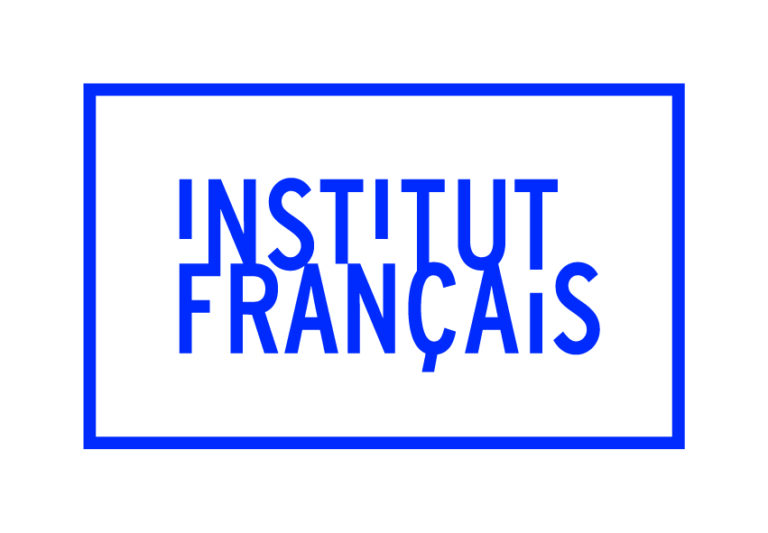
Institut français
The Institut français is responsible for France’s international cultural program. Supervised by both the Ministry for Europe and Foreign Affairs and by the Ministry of Culture, it promotes French culture abroad through cultural exchange initiatives. Operating in a space where the arts, intellectual exchange, cultural and social innovation, and linguistic partnerships interact and intersect, it is also responsible for promoting the French language and the sharing of works, artists, and ideas all over the world. The Institut français is one of Villa Albertine’s main French partners.
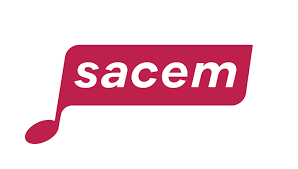
SACEM
The role of SACEM is to provide protection, representation and service for original music composers, authors and publishers SACEM collects authors’ rights and redistributes the payments to the rights-holders SACEM promotes and supports original creative music in every different form. SACEM is a private entity; it is a non-trading company [“société civile”] directed by authors, composers and publishers.
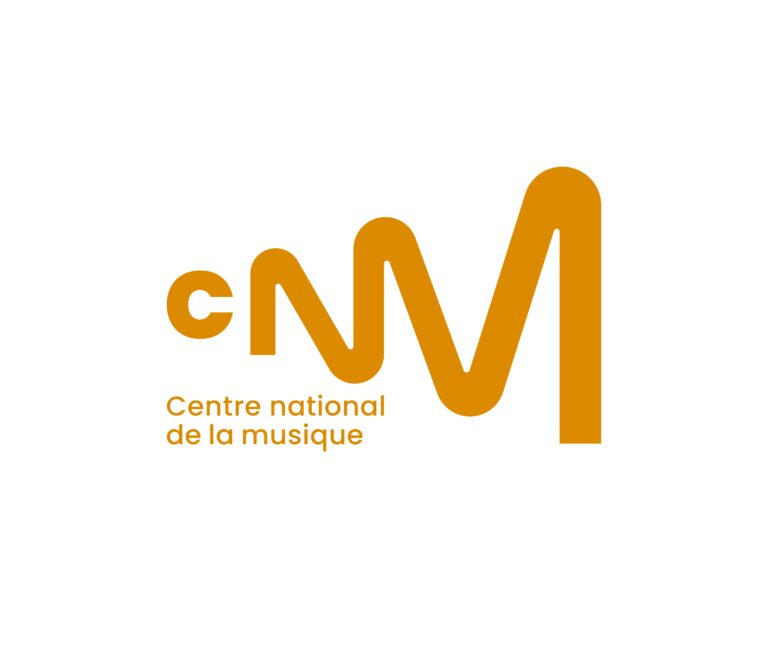
Centre national de la musique
Created on January 1, 2020, the CNM is an organization designed to accompany and support the various stakeholders in the music sector, from artists and songwriters to labels, music publishers, concert promoters, venues, managers, sound engineers and retailers. The CNM is a public-private partnership, operating under the aegis of the French Ministry of Culture.
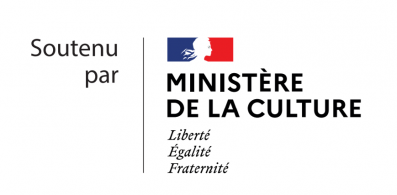
Ministry of Culture
The French Ministry of Culture aims to make the major works of humanity— and especially those of France— accessible to the largest number of people possible. As such, it maintains a policy of conservation, of protection, and of development of all components of French cultural heritage. It promotes the creation of works of art and of the mind, and the development of art practices and education. It further contributes to cultural initiatives outside of France, and to initiatives relating to the establishment of French cultural programs throughout the world.




